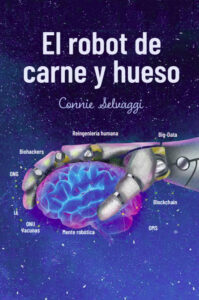
Photo by @connorjkeith on Twenty20.com
Happiness does not have a specific definition. You can hear many men, for instance, saying as a joke that happiness is living like the late Hugh Hefner, the owner of Playboy Magazine, with a big harem of girls in a beautiful mansion and having an endless party. On the other hand, many girls say that happiness is being in a shopping mall and having a limitless credit card. Those examples are, of course, just funny stereotypes, but, in the end, happiness seems to be very hard to define the concept.
Every person is like a different world, according to popular wisdom. Some people like sports, others like music, others like being competitive, others prefer living alone and others need a lot of other people around. But the fact is that when you think of something like “I´ll make a million bucks and then I Will be happy”, you get that million and find that, after some time, satisfaction disappears and new ways of anxiety come up. That phenomenon is known as “habituation”, and consists of a loss of interest in something, once you have got that something. So, you may think that happiness is totally related to the satisfaction of necessities and enjoying your tastes, but we all have got enough of our favorite sports, music, demeanors, ways of life, or even landscapes. Variety, indeed, seems to be crucial for pleasure.
There´s also a condition called “anhedonia”, which means a lack of capacity to feel pleasure. It can, of course, be treated by psychiatrists and psychologists. But happiness is not necessarily having pleasant feelings all the time. As a matter of fact, happiness is not necessarily a feeling of endless satisfaction. Our experiences in life move between sad and happy moments, difficult and easy times, weakness and strength, boredom and joy, hate and love, etc. According to this, happiness can be temporary, and unhappy moments help us cherish those happy times.
Some say that perfection is an enemy to goodness. It really sounds reasonable, we human beings seem to need imperfections to have this feeling of challenge that leads us to strive and have illusions. Achieving those illusions, we get happiness (for some time), and then a new cycle of habituation and finding a new illusion start. And those illusions, despite the fact that we see them represented in properties, beauty, and the popular idea of success, are absolutely individual and can be very different from all of those things. Happiness, at the end, is learning how to accept yourself, independently of what others think or say, in every moment -bad or good- of your life, and being conscious that hard and easy times can be enjoyed as a whole.









